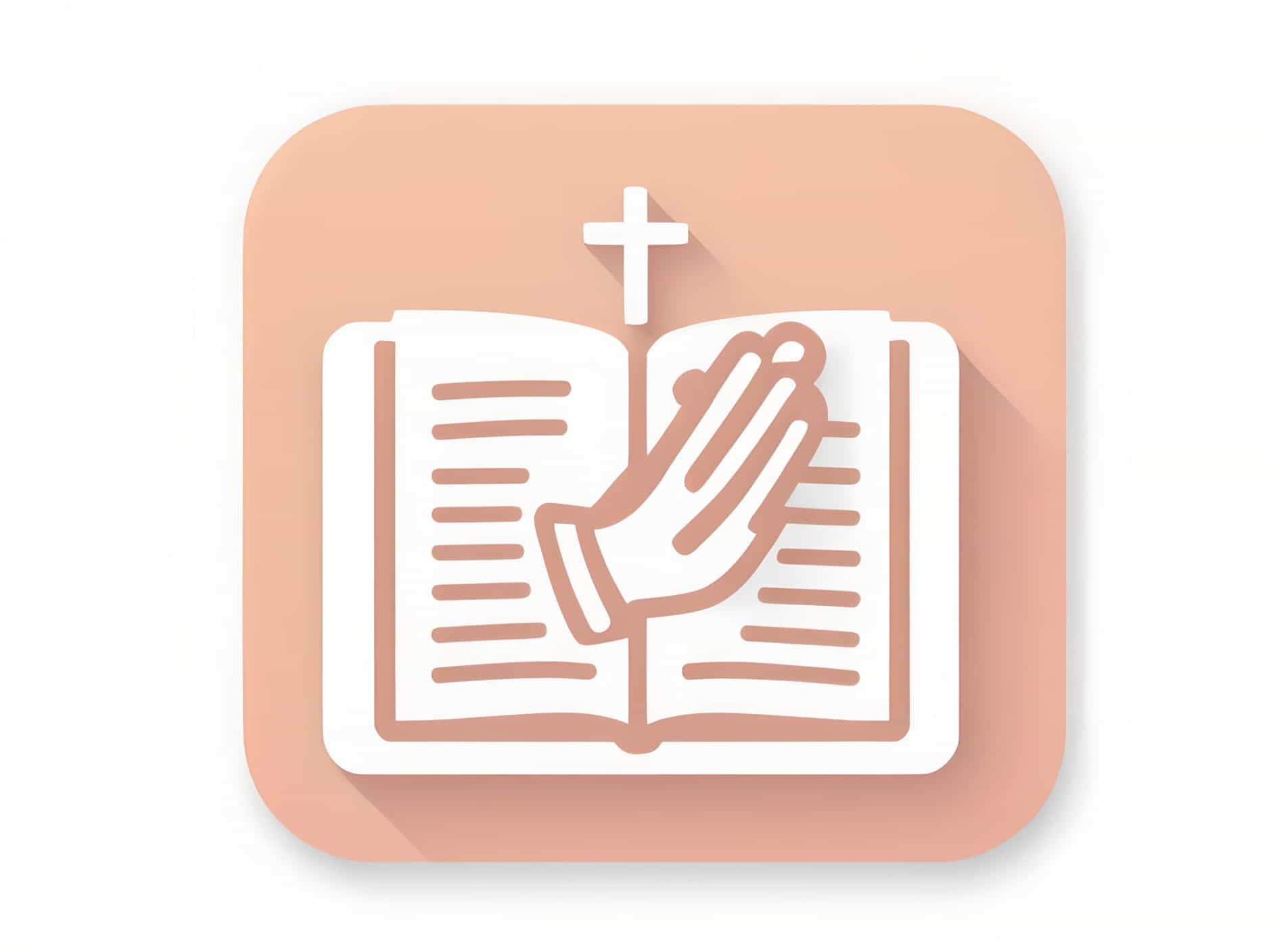
The Act of Contrition Prayer: Understanding the Old Version
The Act of Contrition is a fundamental prayer within the Catholic faith, embodying repentance and a sincere desire for forgiveness. Traditionally recited during the Sacrament of Reconciliation (Confession), the prayer is a vital part of a Catholic’s spiritual life. This article explores the old version of the Act of Contrition, its historical significance, and its role in fostering a deeper connection with God.
What is the Act of Contrition?
The Act of Contrition is a prayer expressing sorrow for sins committed and a commitment to amend one’s life. This prayer serves as an essential component of the reconciliation process, helping believers acknowledge their shortcomings and seek God’s mercy. While there are various versions of the Act of Contrition, the old version remains a cherished expression of contrition among many Catholics.
Historical Context
The tradition of the Act of Contrition dates back centuries, rooted in the early Church’s practices of penance and confession. As Christianity spread, the need for a formal expression of sorrow became increasingly evident. The Act of Contrition evolved over time, with the old version emerging as a staple in Catholic liturgy and personal devotion.
The Old Version of the Act of Contrition
The old version of the Act of Contrition is often recited in a formal setting, especially during Confession. Here is the traditional text:
“O my God, I am heartily sorry for having offended Thee, and I detest all my sins because of Thy just punishments; but most of all because they offend Thee, my God, who art all-good and deserving of all my love. I firmly resolve, with the help of Thy grace, to confess my sins, to do penance, and to amend my life. Amen.”
Breakdown of the Prayer
Each line of the prayer carries profound meaning and significance:
-
“O my God, I am heartily sorry for having offended Thee”: This opening line expresses genuine remorse and acknowledges the relationship with God that has been harmed through sin.
-
“I detest all my sins because of Thy just punishments”: Here, the sinner recognizes the gravity of their actions and the consequences that follow, indicating an understanding of divine justice.
-
“But most of all because they offend Thee, my God, who art all-good and deserving of all my love”: This line emphasizes that the primary motivation for repentance is love for God, highlighting the relationship’s importance.
-
“I firmly resolve, with the help of Thy grace”: This phrase conveys a commitment to change, acknowledging that divine assistance is essential for true transformation.
-
“To confess my sins, to do penance, and to amend my life”: The concluding part of the prayer outlines specific intentions, emphasizing the importance of confession and penance in the path to reconciliation.
The Role of the Act of Contrition in the Sacrament of Reconciliation
During the Sacrament of Reconciliation, the Act of Contrition is typically recited by the penitent after confessing their sins. This moment signifies a turning point, where the individual not only acknowledges their wrongdoings but also expresses a heartfelt desire for change.
Preparing for Confession
The Act of Contrition serves as a preparatory prayer that encourages self-reflection. By engaging in this prayer, individuals can take the time to examine their conscience, recognize their faults, and approach the sacrament with sincerity and humility. This reflective practice is vital for cultivating a genuine spirit of repentance.
Receiving God’s Mercy
The recitation of the Act of Contrition is closely tied to the reception of God’s mercy. By expressing contrition and a desire for forgiveness, individuals open themselves to the grace offered through the sacrament. The prayer acts as a bridge between the sinner and the divine, facilitating a deeper relationship with God.
The Importance of Regularly Reciting the Act of Contrition
Beyond the context of Confession, the Act of Contrition holds value as a daily or regular prayer. Many Catholics choose to recite it during their personal prayer time, fostering a continuous awareness of their need for God’s grace and forgiveness.
Cultivating a Repentant Heart
Regularly reciting the Act of Contrition helps cultivate a repentant heart. This practice encourages individuals to acknowledge their faults and seek improvement in their lives. By making this prayer a part of their daily routine, believers can deepen their commitment to living a life aligned with God’s will.
Strengthening Spiritual Growth
The act of seeking forgiveness and committing to change is fundamental to spiritual growth. The Act of Contrition encourages individuals to reflect on their actions and strive for personal holiness. This ongoing process of repentance allows believers to grow closer to God and become more Christ-like in their behavior.
Variations of the Act of Contrition
While the old version of the Act of Contrition remains popular, it’s important to note that there are various versions used in different contexts. Some may incorporate modern language or be adapted for specific liturgical settings. Regardless of the version, the essence of the prayerrepentance and a desire for reconciliationremains the same.
The Act of Contrition, particularly in its old version, is a profound expression of repentance within the Catholic faith. It serves as a vital part of the Sacrament of Reconciliation, helping individuals acknowledge their sins and seek God’s mercy. By understanding the significance of this prayer and incorporating it into daily life, believers can foster a deeper relationship with God and commit to a path of continual spiritual growth.
Whether recited during Confession or as a personal prayer, the Act of Contrition encourages a heart of humility and a sincere desire for transformation. Embracing this prayer allows individuals to engage more fully with their faith and navigate their spiritual journey with grace and purpose.